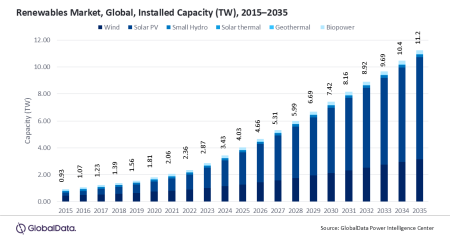
08 February 2017, Abuja – Speaker of the House of Representatives, Mr. Yakubu Dogara, has queried the N2.74tn power sector expenditure between 1999 and 2015, saying its services depreciated in spite of the deployed funds.
Dogara made the observation at a two-day stakeholders’ Interactive Dialogue/Workshop on the Nigerian Power Sector organised by the National Assembly on Tuesday in Abuja.
He said that the challenges faced by the sector called for concerted efforts by all stakeholders in addressing them.
He said, “Perhaps the most important question is what happened to the N2.74tn spent on the sector from 1999-2015.Why is it that the more we spent on the power sector, the more darkness we attract.”
The speaker said that it was in order to change the epileptic power supply situation that the national assembly organized the workshop to do a holistic diagnosis of the challenges.
He said, “It is important we solve the challenges impeding the development of the Nigerian Electricity Supply Industry (NESI) and proffer practical solutions.
“These challenges run across the entire power value chain of Generation, Transmission and Distribution.
“The myriad issues are apparently exacerbated by inadequate funding, poor energy mix, fuel supply issues, flawed regulatory framework and commercial issues, among others.
“There is therefore a need for concerted efforts by all stakeholders to address these myriad problems.”
Dogara urged the participants to find solutions that would lead to the repositioning of the power sector for effective service delivery.
According to him, why has power generation remained at less than 5000Megawatts in the last 56 years? Why have various policies by successive governments failed?
He said, “Why has the transmission infrastructure remained inadequate in wheeling the available power? How can the Federal Government rapidly expand the transmission infrastructure?
“Why are electric meters not available to most consumers thereby leading to contentious estimated billing?”
Earlier in his remarks, President of the Senate, Dr Bukola Saraki, had noted that the problems facing power sector were made as a result of fraudulent tendency and ignorance.
Saraki therefore said that sacrifices should be made to address the issues, decrying that during privatisation of the sector, licenses and others incentives were sold to people who had no knowledge of the business.
He said, “We must be blunt and we must accept mistakes, sacrifices must be made; some of the problems are fraudulently, ignorantly and intentionally made.”
3,000MW of power de-commissioned
The Minister of Works, Power and Housing, Mr. Babatunde Fashola, said that electricity was not cheap and that commiserate tariff should be put into consideration.
He appealed to the leadership of the national assembly to enact laws that would give stiffer punishment to those tampering with power installations, especially in the area of vandalism.
Fashola said that about 3,000 megawatts of power had been de-commissioned as a result of vandalism.
He said, “The bills that are sent to National Assembly should be given appropriate attention so that they can be made into law.
“There should be amendment of laws to ensure that there are stiffer punishments meted out to those who tempered with power.”
Sen. Enyinnaya Abaribe, Chairman, Senate Committee on Power, Steel Development and Metallurgy, stated that the problems in power supply had remained even with efforts of successive governments in the country.
According to him, there is capacity, but no power.
In his key note address, the Chairman of Heirs Holding, Mr Tony Elumelu, said “We must fix power to fix Nigeria. If we do not fix power, every other thing remains an illusion.”
He explained that there would be challenges the nation may face if the power sector was not fixed.
Elumelu insisted that all stakeholders, including the judiciary, the private sector and power regulators, must play a role to address the issue of power.
He advised leaders to stop the blame game, adding that knowledgeable people should be put in the power sector and not using quota system.
He said, “Let’s look for Nigerians who have track records.”
(NAN)



